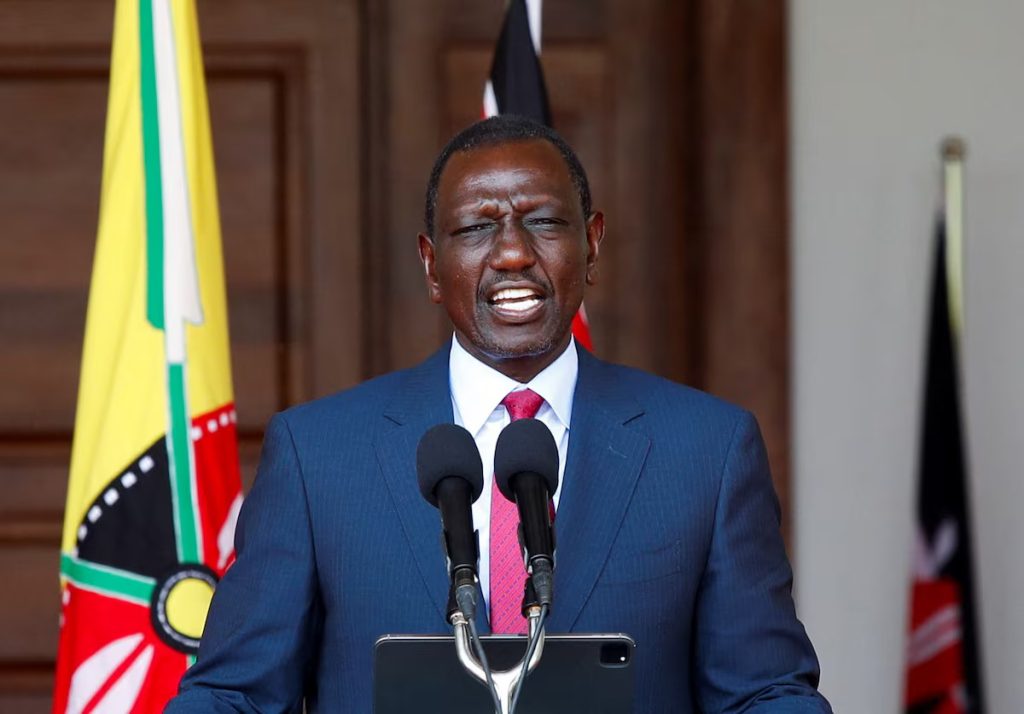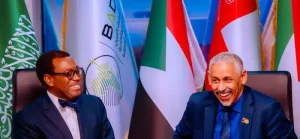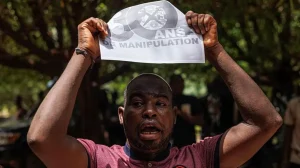
In a bid to address a nearly $2.7 billion budget shortfall caused by the withdrawal of planned tax hikes, Kenyan President William Ruto has proposed a combination of spending cuts and additional borrowing.
This move comes after mass, youth-led demonstrations forced Ruto to scrap the finance bill containing the tax increases, creating a significant challenge in his two-year-old presidency.
At least 39 people were killed in clashes with police during the protests, and demonstrators briefly stormed parliament last week. In a televised address, Ruto announced that he would ask parliament to approve spending cuts totalling 177 billion shillings ($1.39 billion) for the fiscal year that began this month. Additionally, the government will increase borrowing by about 169 billion shillings.
Caught between demands from international lenders like the International Monetary Fund (IMF) to reduce deficits and a population struggling with rising living costs, Ruto acknowledged the difficulty of the situation. Analysts have noted that the withdrawal of the finance bill might result in Kenya missing its IMF programme targets, although there are no immediate debt obligations requiring urgent funds.
Kenya’s budget deficit is now projected at 4.6% of gross domestic product for the 2024/25 financial year, up from an earlier estimate of 3.3%. Ruto outlined several austerity measures, including dissolving 47 state corporations, halving the number of government advisers, suspending non-essential travel for public officials, and cutting budget allocations for the president and deputy president’s spouses.
“I believe these changes will set our country on a trajectory towards economic transformation,” Ruto said. He also announced a forensic audit of Kenya’s debt, which exceeds 70% of GDP, and hinted at upcoming changes in the government.
Engaging Youth and Addressing Concerns
Following his speech, Ruto hosted a live audio forum on the social media platform X to engage with young people. He faced tough questions on issues such as police brutality, corruption, and economic policy. Activist Osama Otero, who had participated in the protests, recounted his abduction by state security agents, questioning the president about the country’s direction.
“Mr. President, are we in a terrorist country?” Otero asked. Ruto, who has previously denied police involvement in reported disappearances, apologized for Otero’s ordeal and promised to take action on his case.








